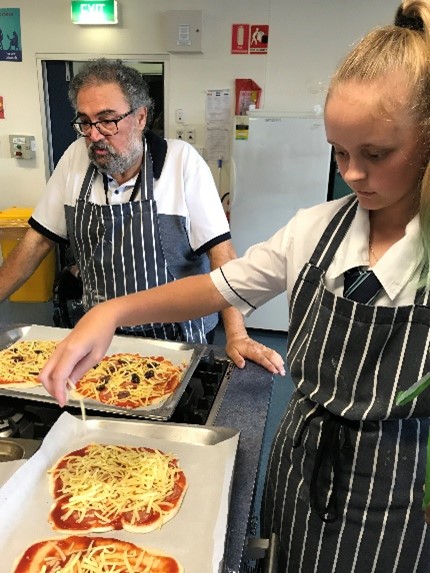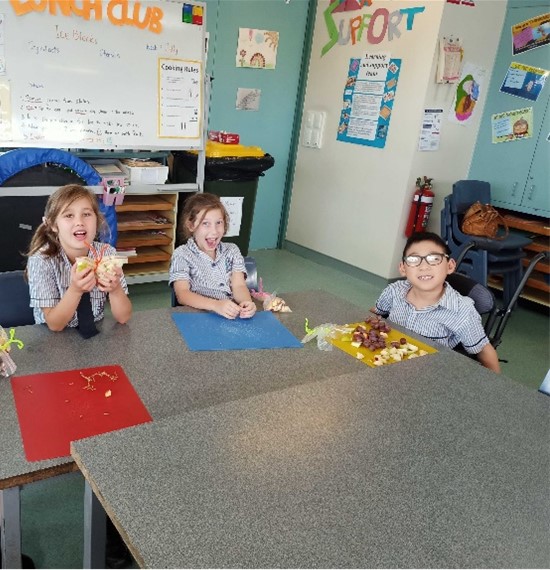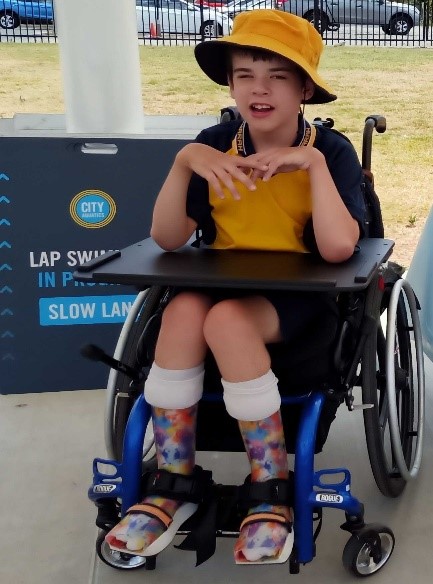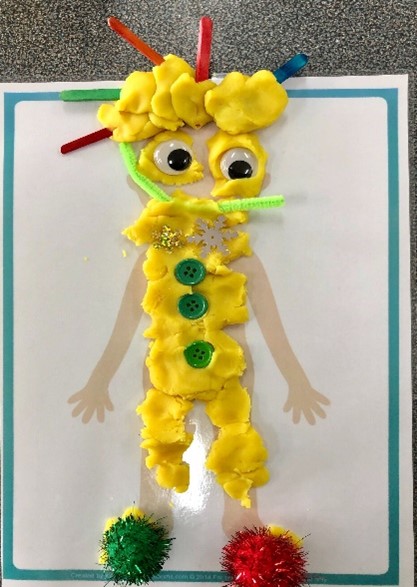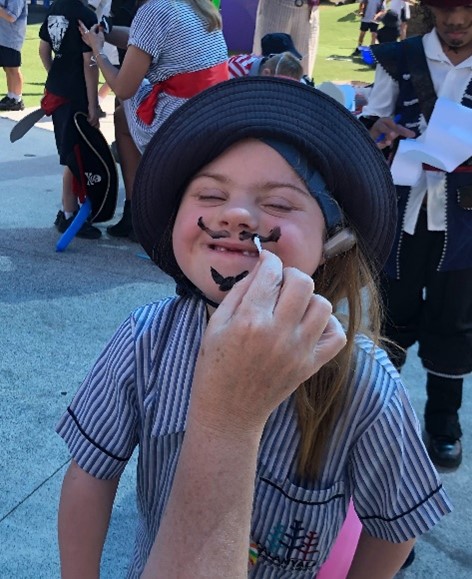Philosophy
At Calamvale Community College we believe that all learners have unique needs to consider when helping them to meet / exceed their academic and non-academic potential. The Inclusion Team applies approaches and support systems that address the individual needs and varied learning styles of all students, including those identified with learning differences. By recognizing the diversity of our collective learning community, the Learning and Engagement Program (LEP) support the holistic development of our students.
Purpose
- To maintain open access for all students
- To support our learning community to meet the educational needs of all students
- To define the roles and shared responsibility of each stakeholder (class teachers, Inclusion teachers, students, parents and outside agencies)
- To define the structures and systems needed to support all students
- To align resources
Practice
At Calamvale Community College, all students receive instruction that enables them to succeed within the range of their approaches to learning, abilities and interests. Differentiation is seen as the process of identifying, with each learner, the most effective strategies for achieving learning goals and academic outcomes. Students with diverse needs are supported within classrooms. This includes tiered lessons, use of pre and post-assessments, formative assessments, as well as adjustments to enable access to the curriculum/activities. At Calamvale Community College we provide a variety of opportunities to affirm and support the diverse affective needs of students. We:
- Promote inclusion in regular classes and activities
- Arrange and provide in-class support in collaboration with class teachers
- Facilitate adjustments to tasks, homework, assessment
- Assess and advise on the impacts of disability on learning and participation
- Facilitate Individual Curriculum Programs (ICPs) for identified students
- ICP classes for both English and Maths
- Facilitate the Personal Learning Plan (PLP) process for all verified students
- Monitor and support academic, social, extracurricular participation and emotional well-being
- Consultation with all stakeholders
- Develop Individual Behaviour Support Plans
- Liaise with VET teachers to facilitate the best possible pathways
- Work with outside agencies to facilitate work experience and traineeships
- Facilitate transition (from year 6 to Secondary/Form Secondary to the workforce)
- Develop Risk Management and Health Plans
- Coordinate the verification process (AIMS)
- Facilitate the QCIA process
Programs:
- Cooking program with clear links to the curriculum.
- Community access
- Social Skills Programs
- Sensory Programs
- Fine Motor programs
- Gross Motor Programs
- Community access
- Personal Hygiene
- Typing program
- Lunch club
